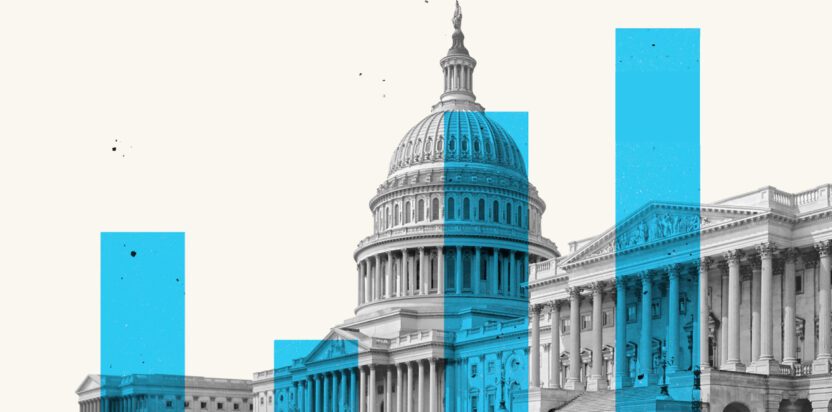Is Financial Concentration Problematic for Economic Success?

Encyclopedia: Capitalism, Capital, Inequality, Competition, Innovation

"And the rich get richer, and the poor poor, keep on getting poorer”
- The O’Jays, Rich Get Richer, 1975
Almost 50 years have passed since The O’Jays released their song, Rich Get Richer, lamenting the excessive wealth inequality present in 1970s America. Yet since the mid-70s, the world’s advanced economies face some of the highest levels of inequality to date. Coupled with increasingly stagnant GDP growth, this situation has prompted politicians and economists to reevaluate if capitalism does create shared economic success. Proponents of capitalist systems often cite the market’s ‘invisible hand’ the most efficient means of achieving economic success for society through open competition, innovation, and broader productivity. Opponents of capitalism, like Karl Marx, believe it inherently concentrates market power and the means of production in the hands of the few. Both sides of this debate are ultimately concerned with whether or not capitalism is the direct cause of concentrations in market power and income, and, if so, whether that financial concentration detracts from greater economic success.
The ‘few’ can exist as both firms and individuals in capitalist economies. Market power allows firms operating in an economic system to use their size and influence to improve margins and dominate competition. In recent years, the rapid growth of big companies like Amazon, Apple, and Google, have been used to argue that competition is decreasing and concentrating market power within a handful of firms, limiting economic gains to a small few. Nobel laureate Joseph Stiglitz argues that this fundamentally shifts power to individuals leading these firms, allowing them to exploit the market, consolidate bargaining power, and create financial concentration among the wealthy classes of society. Stiglitz posits that this lends itself to rising income inequality and decreases the majority of economic participants’ disposable income and aggregate demand. Ultimately, this leads to a similar decrease in overall GDP and a reduction in shared economic success.
Are the O’Jays and Stiglitz right? Or are there tangible societal benefits from consolidation and concentration? This debate is fundamental to the study and application of capitalism, and continues to influence how policymakers shape legislation. To better understand the forces at play in this debate, we’ll use statistical analysis to inform our thinking.
Assignment
- Which countries do you think have high market concentration and income concentration? Which countries do you think have low concentrations? Think about what preconceptions or metrics might be informing your choices. Be prepared to share with your group.
- Gather in your assigned case group. As a group, pick one country you think has high levels of concentration and one you think has low levels. Using the Data Analysis tool, pick some variables that might explain your rationale and compare the two countries. How does this reconcile with your initial thoughts?
- How do these two countries compare in terms of GDP Per Capita?
- Now moving to direct measures of market and income concentration, compare your two countries using the HHI Index and Gini coefficient variables in the Data Analysis tool. What comparisons do you observe? Do you think these comparisons are significant or could there be other unobserved variables that are important here?
- Now compare your two countries in terms of political openness and measures of corruption. How does this inform your view of the political implications of financial concentration?

